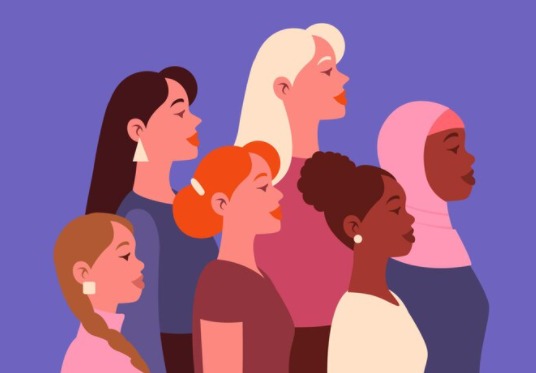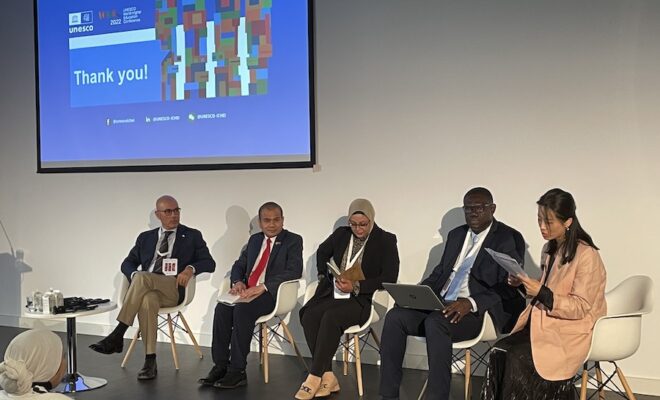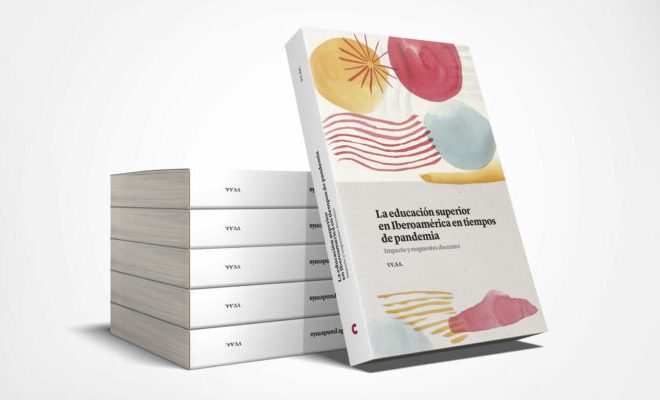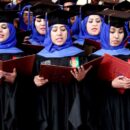UNESCO IESALC and Times Higher Education launch report on universities’ contribution to gender equality and women’s empowerment Part 2
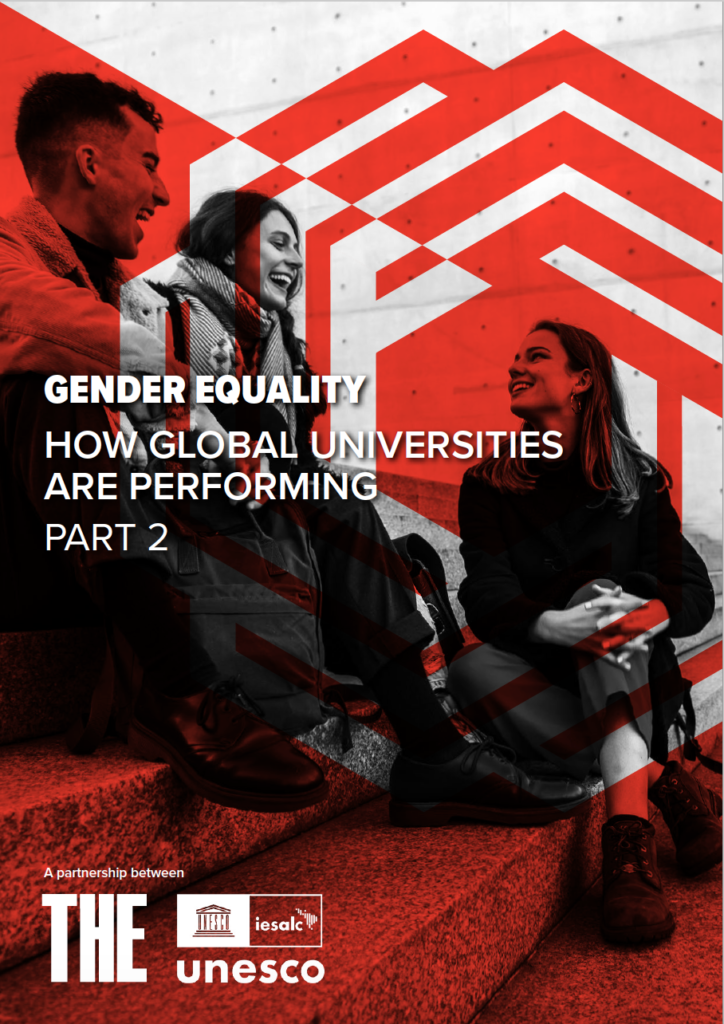
- In the 2022 academic year, more universities report performance indicators on gender equality and women´s empowerment compared to 2021.
- Universities use diverse initiatives to support SDG 5 through education, research, community engagement, and management areas.
- Not all STEM subjects show female underrepresentation, while males tend to be underrepresented in life sciences, psychology and education.
- Universities from all world regions are more likely to focus on providing access and support to women than on measuring their progress and success.
- Universities’ gender equality measures are inextricably linked to national gender equality policies.
In commemoration of International Women’s Day last March 8, UNESCO International Institute for Higher Education in Latin America and the Caribbean (IESALC) and Times Higher Education (THE) launched the first part of the report Gender Equality: how universities are performing. This report showed empirical evidence on universities’ direct contribution to SDG 5, and five good-practice case studies from different world regions, as well as areas of improvement.
The second part of the report launched this May 20 during the World Higher Education Conference (WHEC), shows more evidence on how universities globally have performed in the results of the 2022 survey compared to the 2021 survey. In addition to the analysis of the performance indicators on SDG 5, this second report includes a literature review that looks at the role of governments on setting the conditions for universities to tackle inequalities within and beyond their institutional mandates. Together, the analysis of the literature and of the data served to formulate concrete policy recommendations for university leaders and other stakeholders in other to improve their engagement and contribution to SDG 5 in the coming years.
This report not only highlights the unparallel role universities have and can have to contribute to advancing SDG 5, but it also shows the serious gaps to be considered in the design of future institutional policies and action plans.
A 21% increase in universities submitting performance indicators on SDG 5 show clear commitments by universities worldwide to strengthen their role and performance toward gender inequality. However, the results show some areas of improvement. Female-to-male ratios continue to be unequal in various subjects: despite progress to close gender gaps, women continue to be underrepresented in most STEM subjects, while men lack representation in humanities and life sciences related to the care economy.
Key figures
- Women enrolled in tertiary education worldwide has exceeded the number of male students since 2005, except in South and West Asia, and in sub-Saharan Africa; the latter enrolls 76 female for every 100 males.
- For the 2022 survey, 939 universities from 101 countries provided data on their contribution to SDG 5, a 21% increase from the previous year.
- When the country’s educational attainment is high, it is related with a low proportion of first-generation students. On average, there are slightly more female than male first-generation students.
- Women continue to have less representation is STEM subjects, especially in engineering and computer sciences. The low share of male students in education and psychology, compared to female students, is concerning.
- On average, universities from all world regions have more access and support policies/services for women and less policies/services on progress. For example, only 69% of universities globally said they track women’s graduation rates and have plans aimed at closing any gender gap, and only 66% have mentoring schemes for women.
Download the report:
https://unesdoc.unesco.org/ark:/48223/pf0000381739
RELATED ITEMS
